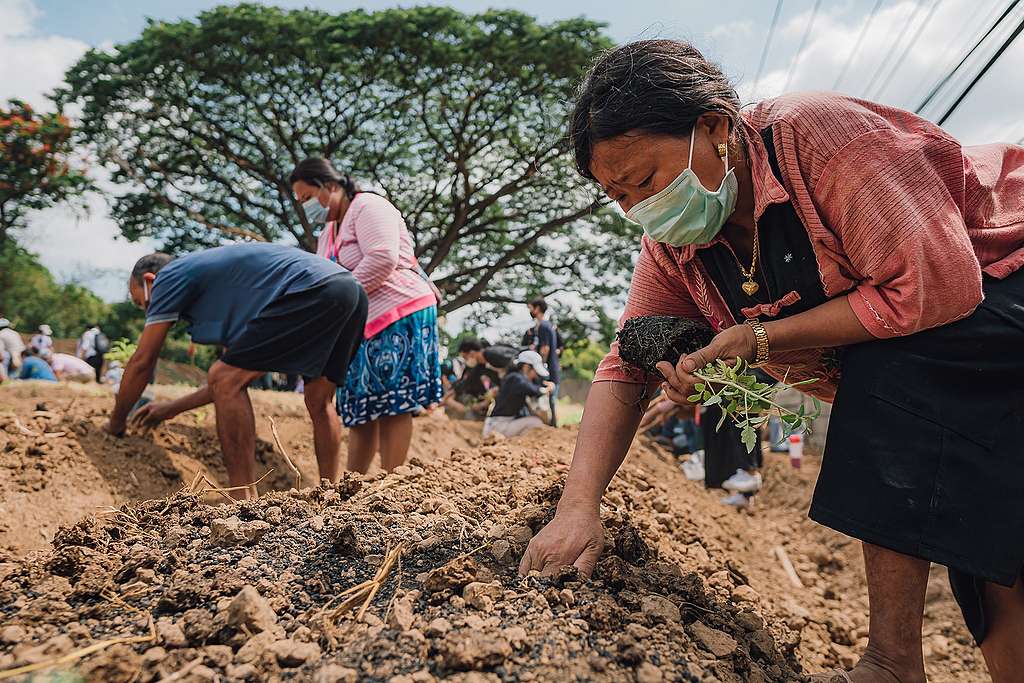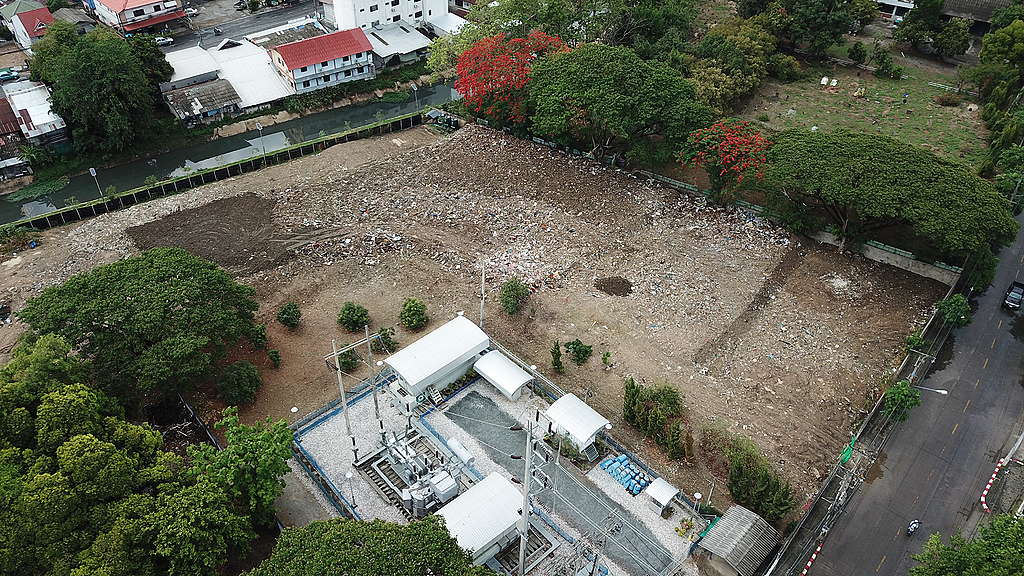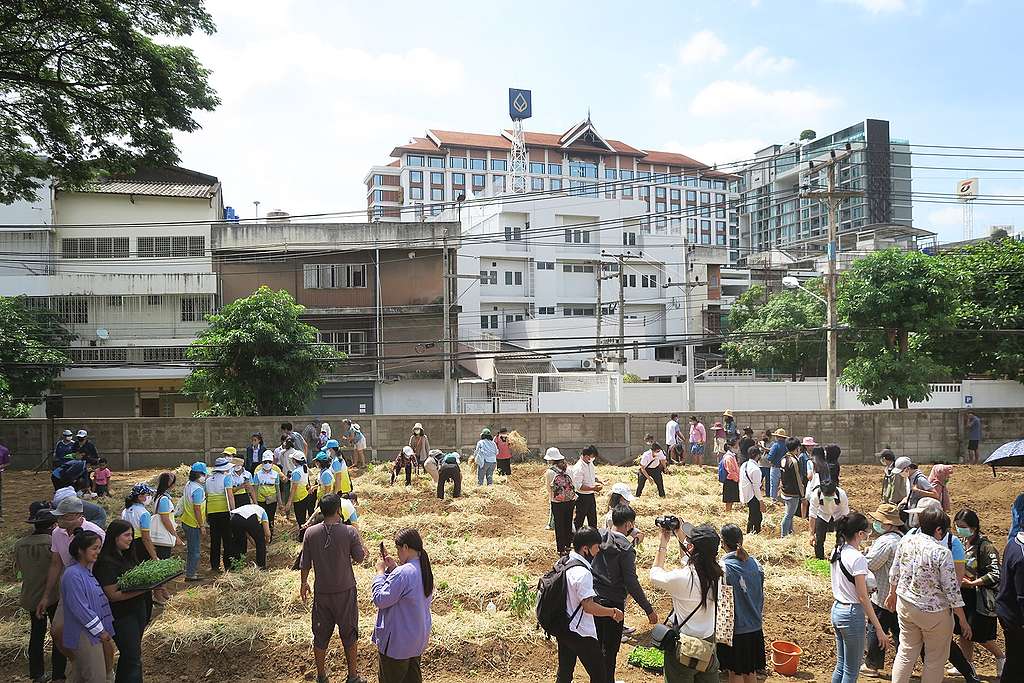Our system of food production is failing.
The current global food system, which supports the industrialisation and corporatisation of food and its production, is harmful to our health, destroys the environment, exacerbates the climate crisis and drives inequality, especially among the already vulnerable and women.
There is enough food produced to feed everyone on this planet but more than 800 million people go hungry globally, with 3 billion malnourished because they cannot or do not have the resources to access this food. Furthermore, a third of the food produced is wasted.
Yet in the face of these challenges, many individuals are working toward solutions. We are inspired when the people take back their power to create alternative food systems that are more collaborative, socially just and environmentally sustainable. They put people and nature first, over profits.
In this series about food, we present a collection of stories that spotlights individuals and small organisations that are helping to build food sovereignty and sustainable farming cultures, support farmers and food workers, and fight climate change.
Feeding the Community
Chiangmai Urban Farm, Thailand
The impact of the Covid-19 pandemic has led to severe and widespread increases in global food insecurity, affecting vulnerable households in almost every country. In Chiang Mai, a vibrant city situated in Thailand’s mountainous north, the loss in tourism income hammered the already precarious livelihoods of the urban poor, who worked as tuktuk drivers or hotel staff. Many of them lost their housing and found it difficult to feed themselves and their families.

It was a shock for Supawut Boonmahathanakorn to encounter the long food lines in his city. As a community architect who works on housing solutions for Chiang Mai’s homeless and informal settlers, he wondered how people can be allowed to go hungry when the surrounding countryside is agricultural land.
After conversations with the affected communities, they shared with him that they spent up to 40% of their income on food and had no space to grow their own. Supawut knew that solving the food problem was a top priority and that an urban farm could be a sustainable solution.
“This pandemic taught us that if something happens to disrupt the food supply chain in the city, you need to at least have the basic skills to survive and one of it is growing your own food,” says Supawut.

A few homeless families, school students and members of the public helped out to grow morning glories, corn, eggplant, chillies, cassava, cabbage and herbs. The harvest was shared out, ensuring fresh and nutritious food on the table for those in need.
Once they had addressed the immediate concern of food insecurity, Supawut and the team could turn their attention to making the farm sustainable. Excess produce were sold at competitive market rates and the profits were channelled back into the farm and also to provide the volunteers with a bit of income.
The municipality has since offered more support to the farm, including a small budget to buy seeds and equipment, and to hire three full-time workers from among the homeless workers.
As the farm is entering its third phase, it is now producing food to support local soup kitchens while continuing to sell their products, which are farmed in an organic and sustainable way, at a farmers’ market.

Conceived as a civic project, the idea behind this egalitarian space is to keep it free and accessible to the community. The garden is available for public events, workshops and educational visits about urban farming. Families who reside in apartments and nearby schools are invited to take up small plots to do their gardening.
“If you have a small plot of land to garden, you will understand how hard it is to farm and you will feel more respect for the organic farmers, that they deserve better. The current market system disconnects us from the people growing our food,” says Supawut. “People should have this awareness when talking about food security, not just about the product but the system.”
Besides feeding those who need it most, Chiangmai Urban Farm is a show of people power and its ability to self-organise and work together to solve a community issue. Says Supawat, “It showed us that as a civic group, we have a right to the city, to have dreams and to take action instead of always waiting for the authorities to take the lead.”
Tan Lee Kuen is a Content Coordinator for Greenpeace International, based in Kuala Lumpur.


